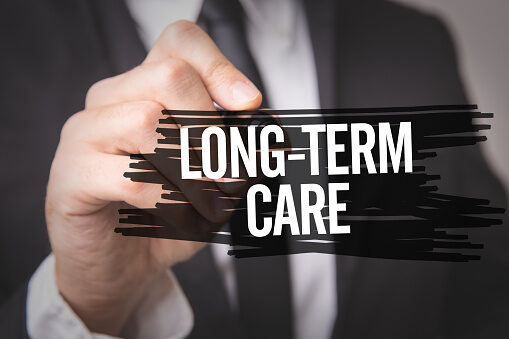- FREE WORKSHOPS - SIGN UP TODAY!
Planning Ahead for Long-Term Care: Protecting Your Family and Finances

Planning Ahead: Make Estate Planning Easier for Your Loved Ones
August 8, 2025
Fall into Planning: Starting Your Estate & Elder Law Journey Before the Holidays
September 16, 2025There are many reasons you might find yourself researching long-term care today. Perhaps you’re concerned about a spouse or aging parent who now needs more support than family and friends can realistically provide.
Long-term care needs can arise unexpectedly—due to illness, injury, disability, or simply the effects of aging. In fact, over 60% of people in the U.S. will require some form of long-term care in their lifetime. That’s why it’s crucial to explore your options early—especially for married couples who may be relying on shared savings to support both partners in the future.
One of the greatest financial risks in these situations is that the cost of care for one spouse can quickly drain the couple’s resources, potentially leaving the healthy spouse without adequate financial security or access to future care themselves.
It’s important to understand that long-term care can fall into two main categories:
-
Temporary Long-Term Care – Lasting a few weeks or months, this may follow a hospital stay, surgery, illness, or injury.
-
Ongoing Long-Term Care – Required for extended periods (months or years), this often involves conditions such as dementia, chronic pain, disabilities, or the need for assistance with daily living activities.
If you’re navigating these decisions for the first time, it’s wise to create a plan that takes both immediate and future needs into account. The right strategy can protect your loved ones, preserve your assets, and provide peace of mind.
Schedule a consultation with our elder law team today to begin building a long-term care plan that works for your unique situation.




